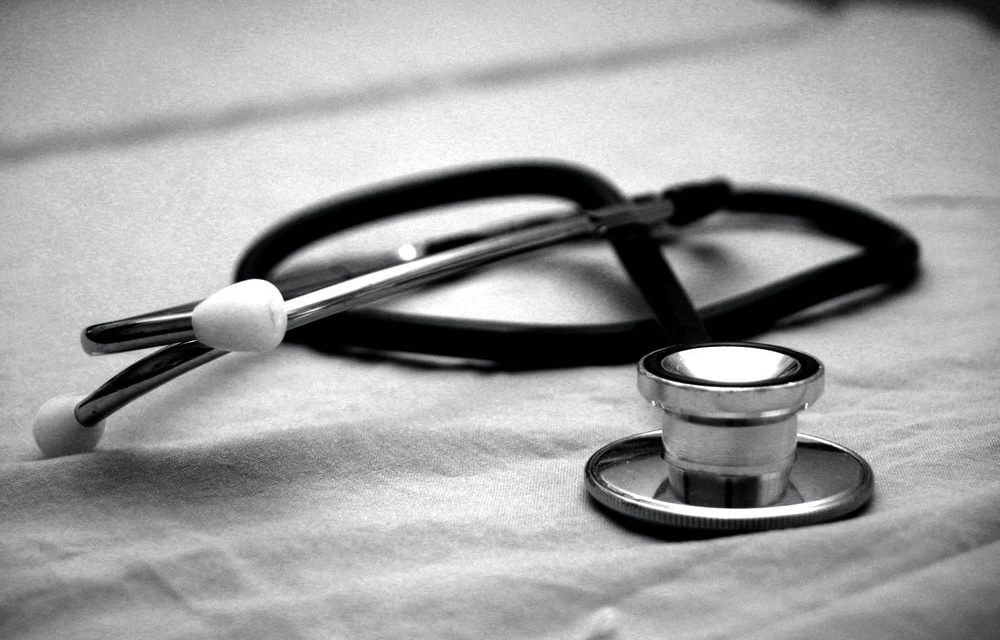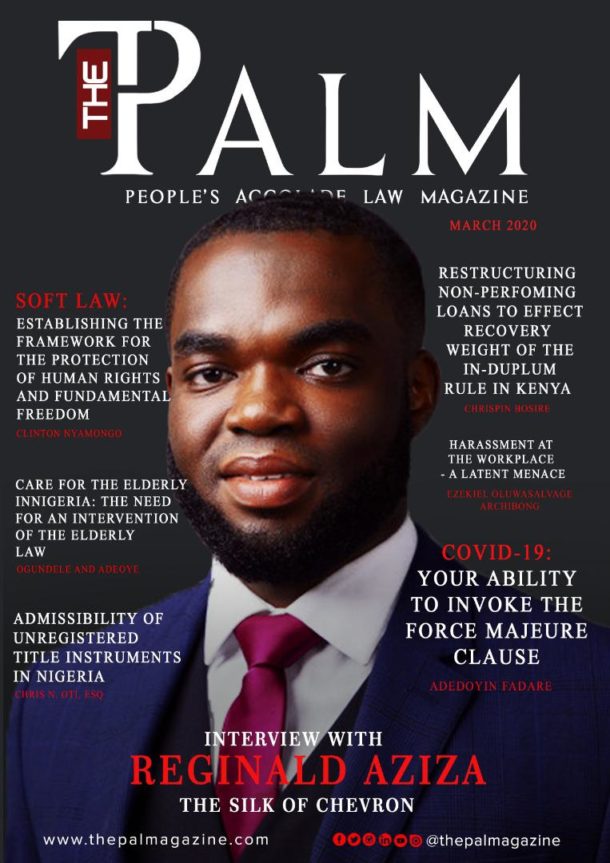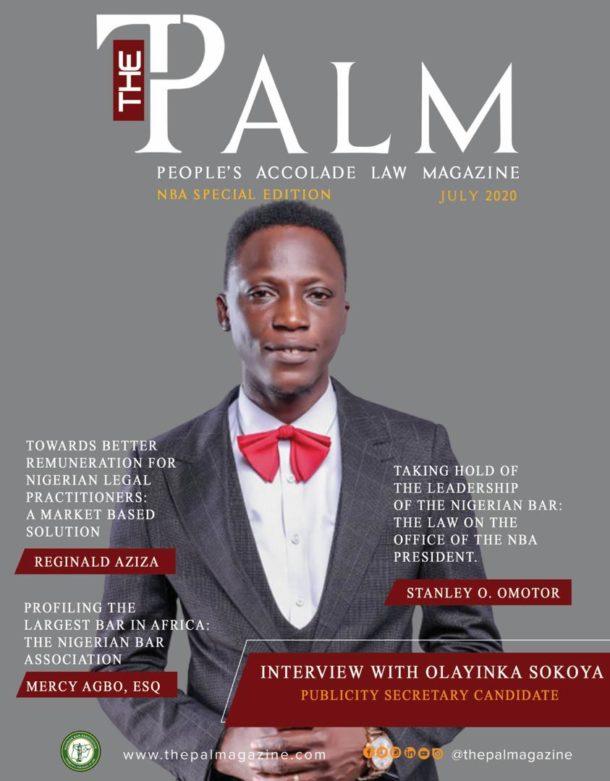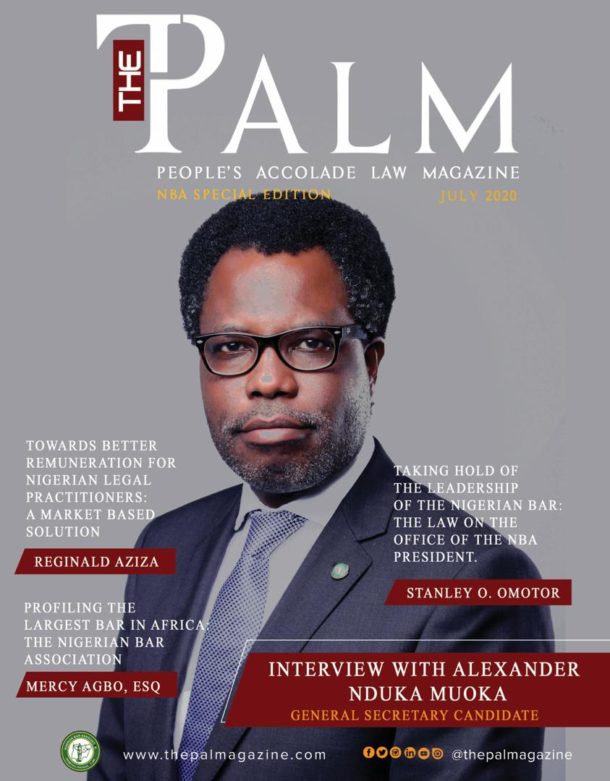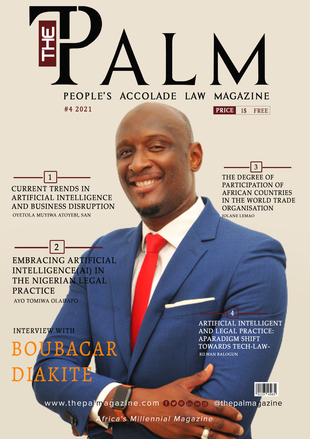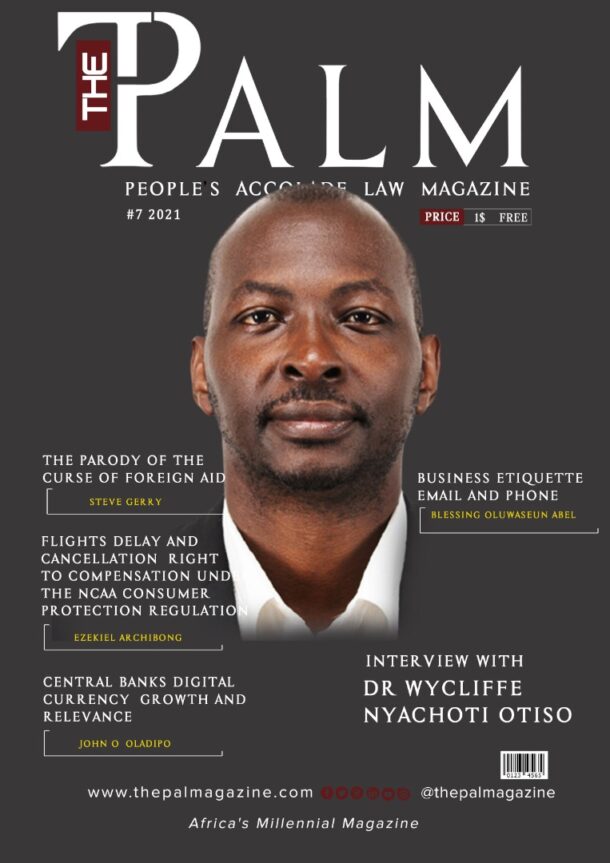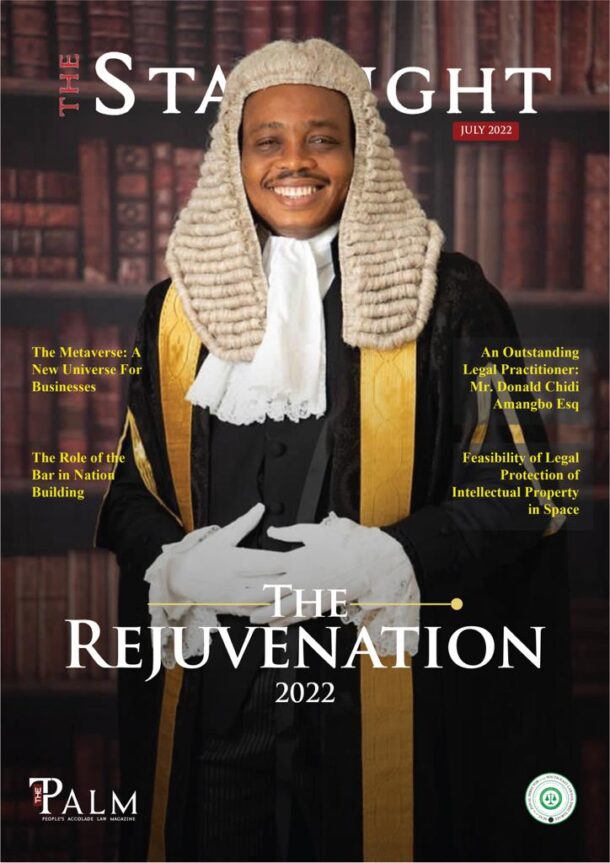Introduction
The central aim of the law is the attainment of justice for everyone and in every area of human life. The law, in essence, cannot afford to be docile, even to the least of persons and issues in the society. Thus, as the world keeps changing, a concurrent improvement in the quality of human lives and activities must similarly be ensured.
In the same vein, the health sector being a very sensitive sector in any society, cannot be left out of appropriate scrutiny and review. This can best be achieved where apropos mechanisms, both internal and external, are functionally in place for viable checks and balances. Unfortunately, the access to law for the sake of justice generally, including the health sector, by most Nigerians is nearly impossible because of the high level of indigent persons when compared with the high cost of securing the services of a legal practitioner[1].
This article, thus, calls the attention of well-meaning legal practitioners in the country towards ensuring the enhancement of better practices among health workers across the country.
Why Pro Bono?
Life is sacred and nothing can stand if our existence is under threat. There are many cases of ineptitude, sloppiness and unethical conducts by Health Workers in several health institutions across the country, but unfortunately, many have gone under the carpet due to high cost of probing such skeptical circumstances and many other factors like illiteracy, lack of restorative values and long judicial procedures as elucidated by many Legal Scholars in Nigeria in their legal expositions[2]. Accordingly, nothing significant comes out of them, hence, the unethical and deplorable practices continue like a norm.
It is important to recognize that there are other factors that militate against good medical practice in the country. An adequate instance of this was made clear by Temitayo Ayetoto, an undercover investigator, who for two weeks, embedded herself with patients at the accident and emergency centers of two of Nigeria’s biggest tertiary hospitals. She uncovered how a lack of bed space leaves patients stranded at the emergency ward for dozens of hours and sometimes for days, hoping that an in-patient is discharged, transferred or, rather sadly, dies. Even though, they have no idea when this will happen. Temitayo found out in her investigation and research that in Nigeria, almost 60% of increased mortality occurred in children and elderly emergencies, according to research on Overcrowding in Emergency Departments of Referral Centers[3]. This state of things therefore put health care workers in an impossible position.
However, medical practitioners cannot lower the basic standard of practice expected by law as there are many clear-cut cases of such low and unethical standards.
Among many, both reported and unreported, the recent story of a young and promising lady, Moradeun Balogun, who had her life cut short owing to dual lawlessness at two different levels. First was the attack she suffered in the hands of some outlaws who robbed her of her belongings and dealt a lethal stab to her in the neck. The second was the alleged refusal of a Lagos private hospital to offer her treatment because a police report was not produced[4] despite the explicit provisions of the Compulsory Treatment and Care for Victims of Gunshot Act, 2017. This indeed further points to the fact that there is need for a stern legal intervention to hold erring medical practitioners and health institutions legally liable for illegal and unethical practices against patients, especially indigent ones.
Why the Health Sector?
Undoubtedly, the responsibilities of health workers in health service delivery is very sacrosanct as it involves matters of life and patients need legal guidance, assistance and most importantly, protection, to ensure good medical practice among medical professionals across the country. The idea is therefore not to discredit the professional acumen and efforts of the Nigerian health worker but rather to assist and ensure sanity within the Nigerian health space. This necessity is hence, not a call to start a conflict between two noble professions but to synergize for a better practice and a better Nigeria. As the popular saying goes “iron sharpens iron”.
Also, it is a call to greatly sensitize Nigerian health care providers at large of the legal implications of their professional activities beforehand.
Where can the Law and Lawyers Intervene?
There are several medico-legal areas that call for serious attention. The less popular ones include the rules and guidelines that regulate the activities of Nigerian health workers in their respective professional capacities, Public Health Law, Mental Health Law, Telemedicine, Cloning, Bioethics, among others. The most familiar area that always come to the mind of everyone is Medical Negligence, which is the pillar on which most medical cases rest and as such, a quick break down of acts considered to be negligent in nature in the medical sphere becomes necessary. The following acts or omissions can amount to grounds for medical negligence and causes of action. These include:[5]
- Failure to attend promptly to a patient requiring urgent attention when the doctor was in a position to do so. The experience of the recent casualties is pretty depressing. The story of Funmi Odusina is a good instance; a postgraduate student of the University of Lagos, who was in the company of her friends at a Lagos beach, was rescued from drowning, but was rejected by some private hospitals. She died on the way to the Lagos Island General Hospital. Another unforgettable case is that of Grace Obinna who was violently raped in her Ikorodu home. She was taken to two private hospitals, which refused to admit her. She also died on the way to the Lagos State Teaching Hospital, Ikeja.[6]
- Improper or incompetent assessment of a patient, or incorrect diagnosis, particularly when the clinical features were so glaring that no reasonable and competent doctor could have failed to notice them.
- Failure to advise, or proffering wrong advice, to a patient on the risk involved in a particular operation or course of treatment, especially if such an operation or course of treatment is likely to result in serious side effects or harms.
- Failure to obtain the consent of the patient (informed or otherwise) before proceeding on any surgical procedure or course of treatment, when such consent was necessary.
- Unjustifiable error in treatment e.g. amputation of the wrong limb, inadvertent termination of a pregnancy, prescribing the wrong drug in error for a correctly diagnosed ailment, and so on.
- Failure to refer or transfer a patient in good time when such a referral or transfer was necessary.
- Failure to do anything that ought reasonably to have been done under any circumstance for the good of the patient.
- Failure to see a patient as often as his medical condition warrants or to make proper notes of the practitioner’s observations and prescribed treatment during such visits or to communicate with the patient or his relation as may be necessary with regards to any developments, progress or prognosis in the patient’s condition.
- failure to admit into hospital a patient whose condition requires hospitalisation. Despite the enactment of the Compulsory Treatment for Gunshot Victims Act in 2017, many hospitals still fail to give emergency treatment as we have seen in recent cases across the country.
- leaving a surgical instrument or swab in the body of a patient after operation
- failure to cross match blood before transfusion
- using a patient for experimental purposes without his consent
- Use of unsterilized tools.
- Where swab is left in operation site or patient wakes up in the course of surgical operation despite general anaesthetic).
- Unjustifiable infringement on any of the rights of the patient in the course of treatment, e.g., undertaking a line of treatment that is against the religion of a patient and the will of the patient.
It must be noted that all these unacceptable conducts are expressly stated in Rule 29.4 of the Code of Medical Ethic in Nigeria published by the Medical and Dental Council of Nigeria (MDCN) 2008.
What is the Rationale Behind the need for Legal Intervention?
For many years now, we have had many situations of unethical practices, medical neglect and negligence, unprofessional attitudes and arbitrary practices in some healthcare centers, Clinics, Medical Centers and even General Hospitals. These have not only caused countless avoidable deaths and injuries, but also public mistrust in our health system as most Nigerians no longer feel convinced in receiving medical services within our health system.
Conclusion
Often times, the porous Nigerian health system, the Government and the patients themselves have been held responsible to be the cause of most negligent acts by Medical Practitioners. The Nigerian health system is indeed porous in many ways as there are lacunas in the system. The government also has not been so helpful as there are infrastructure concerns and occasionally, patients have undeniably contributed to the Negligence they complain of.
Hence, all these peculiar problems create obstacles to the ability of the clinicians to apply their full expertise to the full degree expected. However, this situation does not preclude them from acting within the degree of reasonable care that is possible under the circumstances. Therefore, the degree of skill, ethical conducts and duty of care expected from medical practitioners and other health professionals must not be below the expected standard of their level of experience and professional status. This has been well stressed in the last paragraph of Rule 29.3 of the Code of Medical Ethic in Nigeria published by the Medical and Dental Council of Nigeria (MDCN) 2008.
The rise in unprofessional, unethical and negligent conducts in the Nigerian Health Sector and the need for pubic enlightenment in medico-legal matters are therefore why lawyers must take up the duty of protecting lives and ensuring justice by providing their selfless services in the sector.[7]
The author is a Legal Associate at First Counsel Solicitor (Medical Law Consultants) in Lagos, Nigeria. He is a member of the World Association for Medical Law (WAML) and also a Research Fellow at Center for Medical Law Research and Development (CMLRD).
Read the January 2021 Edition of The PALM here
Send your feedback to editor@thepalmagazine.com
Send your news item to news@thepalmagazine.com
References
- See Damilare A. Adeoye, ‘The Necessity for Proactive Pro Bono Services in Nigeria’ online at https://lawaxis360degree.com/2019/06/05/the-necessity-for-proactive-pro-bono-services-in-nigeria/
- See Babafemi Odunsi, ‘Glancing Back at Eden: A Note Medical Negligence in Nigeria.
- Temitayo Ayetoto, “Undercover Investigation: The Lagos hospital wards of deadly wait(I)” was accessed online at https://businessday.ng/businessday-investigation/article//undercover-investigation-the-lagos-hospital-wards-of-deadly-wait-i/(accessed on 05/03/20)
- Nigeran Tribune Newspaper Editorial publication tagged, “The Avoidable Death of Citizen Moradeun” was accessed online at https://tribuneonline/the-avoidable-death-of-citizen-moradeun/ (accessed on 06/03/20)
- See generally e.g. I.O. Iyioha, supra note 27 at 68, 74-75. O.S. Kuteyi, ‘An Appraisal of Medical Negligence in Nigeria’ [PhD] Thesis submitted to the Faculty of Law, in partial fulfilment of the requirements for the award of Doctor of Philosophy (PhD) Degree in Law of the Obafemi Awolowo University, Ile-Ife, Nigeria, 2016, 87-102. See also Komolafe Akinlabi Richard Obafemi Medical Negligence Litigation in Nigeria: Identifying the Challenges and Proposing a Model Law Reform Act, A Thesis submitted to the Trinity College, Dublin in fulfilment of the requirement of the award of the Degree of Doctor of Philosophy 2017. 87-102. See as well Motunrayo Olaleye, ‘Nigeria: Medical Negligence In Nigeria: addressing the Public on its scope and the resultant Legal Implications’ online at http://www.mondaq.com/Nigeria/x/754598/Healthcare/Medical+Negligence+In+Nigeria+Addressing+The+Public+On+Its+Scope+And+The+Resultant+Legal+Implications(accessed on 20/02/20).
- Funmi Odusina’s story accessed online at https://www.thisdaylive.com/index.php/2016/06/09/how-two-unilag-students-drowned-in-elegushi-beach/ (accessed on 05/03/20)
Grace Obinna’s story was accessed online at https://thenationonlineeng.net/suspected-ikorodu-serial-rapist-held/ (accessed on 05/03/20)
The case of Bayo Ohu of The Guardian is unforgettable. Ohu, who was attacked by assassins in his Lagos home in 2009, didn’t die immediately, but was rejected at a hospital. He could not make it to the nearest public hospital.
Though despite the many challenges involved in pursuing justice in cases of medical negligence, there has actually been an increase in the number of Nigerians reporting medical negligence. In the 36-year span between 1962 and 1998, there were 94 cases of medical negligence reported to the Medical and Dental Council of Nigeria, compared with over 100 cases in the six-year span between 1999 and 2005. Laolu Osanyin, the Vice President of World Association for Medical Law and the Founder of Centre for Medical Law Research and Development, believes this can be attributed to globalization, and the Internet in particular. People who have families that have done certain procedures abroad and hear of people dying of said procedures here have started questioning doctors”.
Temitayo Olofinlua, “Medical Negligence in Nigeria [Part 2]: The Slow Road to Justice”.
–It must be noted that the call for Pro Bono Services is not intended to unnecessarily witch-hunt Medical Practitioners by filing cases against them, but to bring all necessary stakeholders on board to ensure sanity in our Healthcare System.

